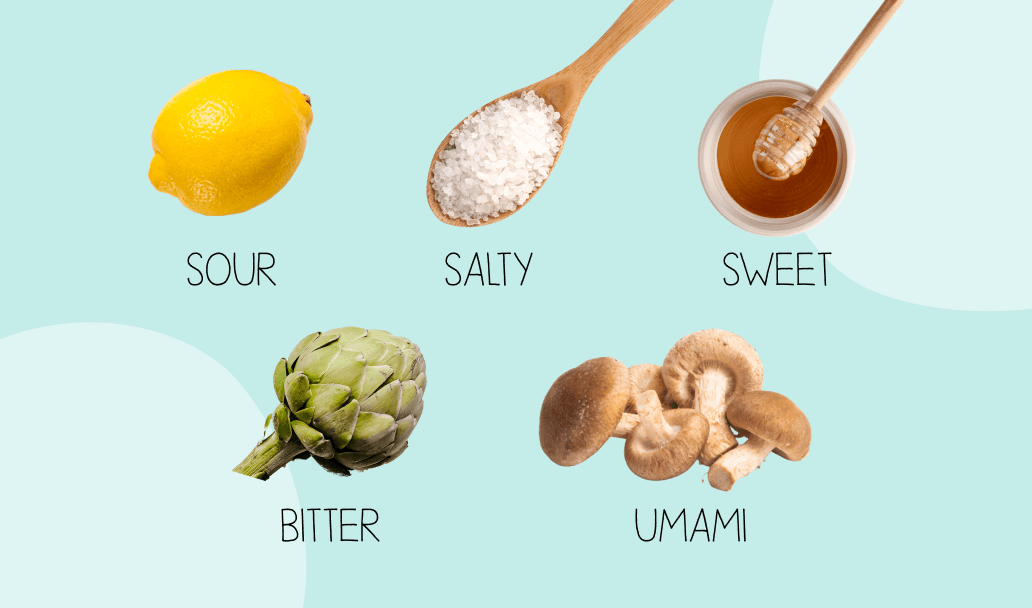A recent study of over 6,000 people found that genetics can directly influence food choices. For example, you may have a sweet tooth and tend to overeat milk chocolates. But if you have already decided to use this as an excuse, then slow down!
Eat tasty food and lose weight with Unimeal app!
Take a Quiz – Get personal meal plan – Achieve your weight goals!
Start QuizThere are 5 basic tastes that most food is associated with:
If you are predisposed to any food groups, you most likely have a gene responsible for this taste. This is important to know for several reasons.

First, your tastes shape your nutritional habits, which may explain why you are not fattening or gaining pounds quickly. For example, researchers from the American Society for Nutrition found that participants with higher bitter taste scores ate nearly two fewer servings of whole grains per week than others.
Second, analyzing your tastes helps improve the quality of your diet and reduces your risk of diet-related chronic diseases such as obesity, type 2 diabetes, and cardiovascular disease.
Finally, understanding the relationship between your tastes and genetics allows specialists to develop a healthy meal plan to help you achieve your weight goals!
Unimeal does not diagnose or suggest treatments. Any description of the diet, training plan or supplement should be discussed with your current physician or nutritionist. This article does not address specific conditions and is simply meant to provide general information on healthcare topics. Following any advice is at your own initiative and does not impose any responsibility on the blog authors for your health and safety.
Related Articles